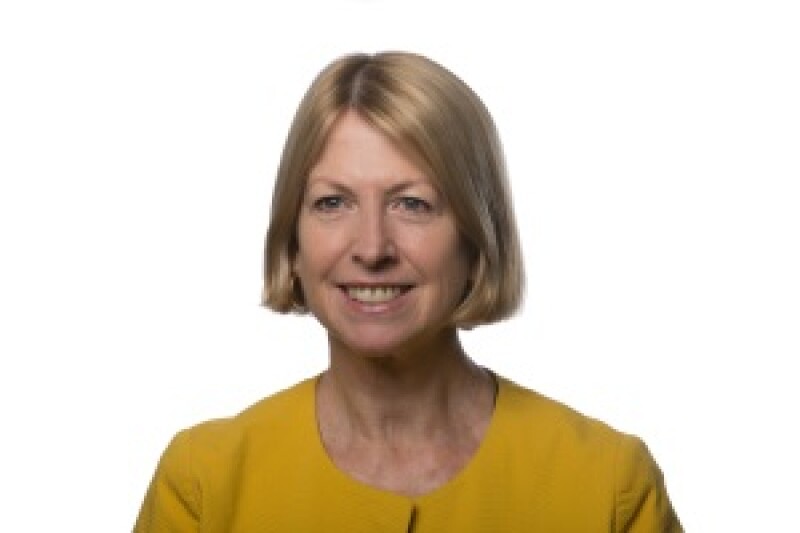UK applications boosted post-Brexit |
The UK IPO saw a 33% increase in trade mark applications in August 2016, compared to August 2015, said Steve Rowan at the ITMA/IPO event. This is likely to be due to companies seeking registrations in the UK to ensure they have protection post-Brexit. It tallies with anecdotal evidence from trade mark attorneys of clients enquiring about filing more UK registrations. Before Brexit, the IPO was expecting a 6% increase in filings year-on-year. The increase was driven by applications from entities outside the UK, said Rowan. He added that the Office would be hiring more examiners to deal with the extra workload. |
Representatives of the Institute of Trade Mark Attorneys (ITMA) and the UK IP Office took part in a seminar in London yesterday. Much of the discussion focused on what will happen to EU trade marks and registered Community designs when the UK separates from the EU (which is not expected to happen until 2019 at the earliest).
ITMA recently published seven possible scenarios addressing how to ensure that owners of EU rights can retain protection in the UK post-Brexit and it was stressed yesterday that debate continues as to which is best: each has at least one strength, but they also all have weaknesses, said ITMA President Kate O'Rourke.
(Each scenario has a catchy name, such as the Jersey model and the Montenegro model; we prefer the Tuvalu model, if only because it might demand a research trip to the Pacific islands...)

As O'Rourke said when I interviewed her in July, soon after the Brexit vote, the immediate message for trade mark owners is "Don't panic!". But ITMA (and other associations such as CIPA and IPLA) are meeting with ministers and officials to make sure IP issues are considered during the Brexit negotiations. O'Rourke said yesterday that ITMA was proud to be the first organisation to set out specific options, but added that there is "strength in unity" and the various associations are working together to put flesh on the bones. Indeed, I understand IPLA has recently refined the scenarios to distinguish between registered rights and pending applications.
Brexit means Brexit
The problem is that working out the detail of Brexit is going to take a long time (a speech from the Brexit Minister David Davis this week did not provide much new information).
Speaking yesterday, UK IPO Director of Trade Marks and Designs Steve Rowan welcomed ITMA's work as a starting point and said that Baroness Neville-Rolfe, the IP minister, would consider various options before the government makes a decision.
But of course such a review process will involve consultations, impact studies and economic assessments, all of which could take months or even years. It's likely that the seven scenarios will have to be narrowed down - perhaps to two or three - before such work can take place. And, whichever option is taken, there will have to be cooperation between the UK IPO and EUIPO to make the process work smoothly.
Representation rights

Another topic discussed yesterday was representation rights for UK attorneys at the EUIPO post-Brexit, which is not surprisingly of great importance to practitioners. If the government decides to apply to join the EEA, and is accepted, then UK registered attorneys could continue to act before EUIPO in cases involving EUTMs (though not, as things stand, on RCDs). That would probably be the ideal scenario, but it might be politically difficult.
If the UK does not join the EEA, then practitioners hope there will be some agreement struck between the EU and UK allowing them to act before EUIPO. That may be a long shot though. If all else fails, many will consider re-qualifying in other EU jurisdictions. The merits of Malta and Ireland were spelled out yesterday. Just for fun, we have set up a Twitter poll on this question.
In short, there is lots of work being done but any answers are still a long way off. And that's before we even mention patent developments such as the UPC and Unitary Patent. For more on those, look out for the reports from our EU Patent Reform Forums which will be posted later this week.










